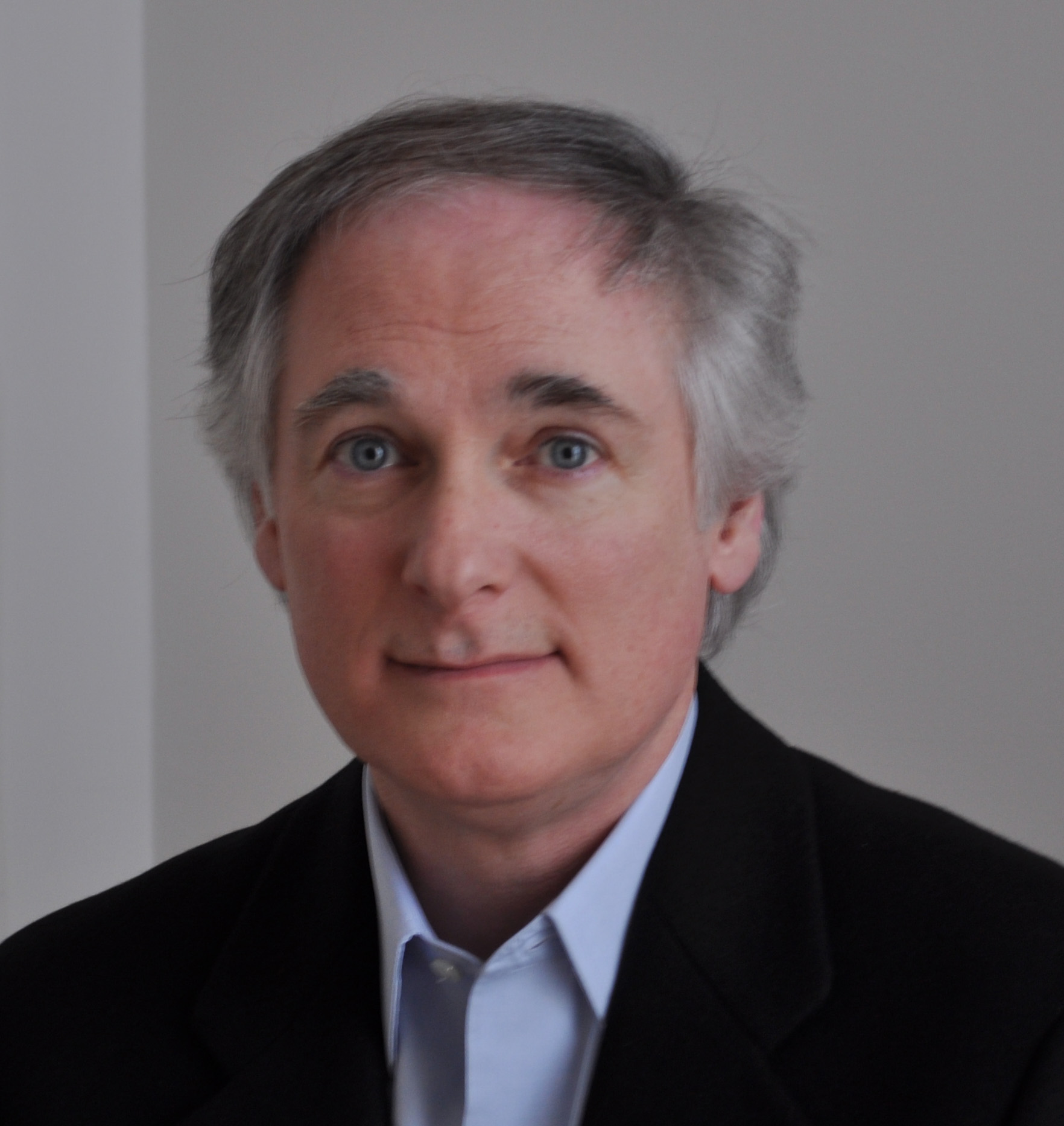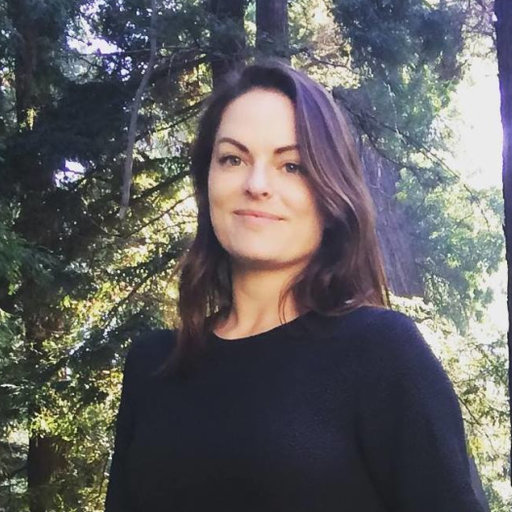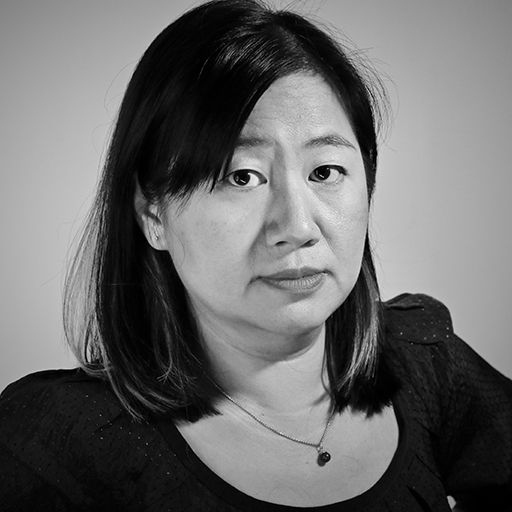
Negotiating Identities, Constructing Territories: Pre-Roman Iberia, 900-200 BCE
From the ninth century BCE the long coasts and fertile valleys of Iberia were tapped by Phoenician and Greek merchants and settlers coming from the eastern Mediterranean. An extended international network was slowly created, which also attracted the participation of Etruscans, Sardinians, Cypriots, and others. Iberia is a perfect laboratory for the study of these economic, cultural, and environmental horizons before the Mediterranean was politically connected under Rome. The ongoing interrogation of how these diverse groups first knitted an interconnected space is key to understanding the later Mediterranean of Classical and Roman periods in its true cultural depth. In 2003 Dietler and C. López-Ruiz organized a conference on this very topic at the UChicago, which resulted in the edited volume Colonial Encounters in Ancient Iberia: Greek, Phoenician, and Indigenous Relations (2009). Following two decades of intensive research stimulated in part by the questions raised at that conference, some of the same and additional experts in the key areas will meet in Chicago and be part of a new curated volume. Shifting the focus from colonial dynamics to the negotiation and construction of identities and territories, as well as new understanding of past environmental challenges, this project will bring novel data and perspectives to an international audience.
Biography
Michael Dietler is Professor of Anthropology at the University of Chicago, where he has been teaching since 1995. He received his PhD from the University of California, Berkeley, in 1990 and his BA from Stanford University in 1974. He taught at Yale University from 1990 to 1995. He conducts archaeological research in Europe, and ethnographic and historical research in Africa, Europe, and the US, frequently in collaboration with his wife, Ingrid Herbich. His research focuses on the comparative study of colonialism in the ancient Mediterranean and elsewhere, material culture theory (including food and alcohol), modern Celtic identities and imaginaries, ethnomusicology, and the history and politics of archaeology. He has been a research fellow at the Paris Institute for Advanced Studies (France), the Center for Advanced Study in the Behavioral Sciences at Stanford, and the School for Advanced Research (Santa Fe). He has also been a visiting professor at the École des Hautes Études en Sciences Sociales and at the University of Paris I (Sorbonne-Panthéon), a research associate of the CNRS Unit 154 at Montpellier-Lattes (France), and Director of the University of Chicago's Paris Center.

Project Title: Ghostly Invasions: Political Theologies of Fire in Post-Coup Bolivia
In Bolivia, uncontrolled wildfires have been weaponized by a populist far-right as exemplary of the duplicity and deceit of Leftist politicians and irrationality of their Indigenous and populist supporters. This study is aimed at learning about collaborative responses to climate change that have emerged since Bolivia’s 2019 coup, including feminist horticultural projects, anti-imperialist environmental organizing, and grounded land restoration efforts. Such efforts push back against the co-optation of conservationism within a polarized nationalist milieu, wherein conservative politicians have used uncontrolled fires to inflame tensions between Indigenous and non-Indigenous peoples. Methodologically, the study combines attention to environmental changes with an attunement to the broader political configurations at play in global climate change and in localized efforts to address a rapidly heating planet. Renewed attention to the intersections of race, religion, and climate can cast new light on urgent environmental crises, and on the limits to science in resolving wildfires. Resulting publications will support scholarly and policy efforts to address climate change through the tools of interpretive social science, pressing past a focus on cultures of fire to examine their religious and theological underpinnings and to reveal how competing ontological frames obstruct—and generate—novel possibilities for climate justice.
Biography:
Mareike Winchell is an Assistant Professor of Anthropology at the University of Chicago. Her research focuses on the racialization of property in light of ongoing histories of Indigenous land dispossession, and how such formations find new expression in contemporary engagements with environmental change. Winchell's first book, After Servitude: Elusive Property and the Ethics of Kinship in Bolivia (University of California Press, 2022), traced the ways Quechua people in central Bolivia call upon and actively repurpose the past in their efforts to navigate legacies of labor subjection and sexual violence. She is currently at work on two projects (one ethnographic, another archival) that extend her interest in contested formations of racial property to issues of climate change, on the one hand, and more-than-human intimacies, on the other. Winchell is involved in several collaborative projects concerning the intersections of race and climate change. These include collaborative ethnographic research with the Center for Indigenous Peoples of Chiquitos Turubó in Bolivia and comparative research and policy advising as part of the Habitable Air project.

Project Title: Emergent Logistics and Experimental Ethnography
“Emergent Logistics and Experimental Ethnography,” explores the problem of methodological engagement with the complex patterns of logistical movement that power the circulation of money and energy globally. Building upon our previous work, “Logistics in the Making of Mobile Worlds,” we aim to expand our Experimental Field School to the diverse geographies of commerce, speculation, finance, energy-production, and distribution. Our project interrogates these processes through sites such as Chicago’s e-commerce facilities, banking firms, and energy plants that power the transportation hubs and data centers of the city, to Delhi’s expansive networks of gasoline and diesel transportation, electric rickshaws, and emerging transition to sustainable energy systems and decarbonization. We plan to cultivate permanent networks of research at the University of Chicago and the UChicago Delhi Center by inviting scholars from around the world to join our Experimental Field Schools, where we will develop methodological approaches to pressing logistical questions through site visits, observation, and collaborative design.
Biography:
Julie Y. Chu is Associate Professor in UChicago's Anthropology Department and the author Cosmologies of Credit: Transnational Mobility and the Politics of Destination in China. She is currently completing a book entitled The Hinge of Time: Chronopolitics and Infrastructure at China’s Global Edge. Based on fieldwork with Chinese migrant couriers and customs inspectors traversing the Taiwan Strait, the Indian Ocean and the Pacific (via ports and border zones spanning the PRC and the U.S.), this work examines how figures of “infrastructure” animate the global politics of time in three distinct keys -- as matters of constancy, rhythm and non/event. Additionally, she is currently developing a new ethnographic focus on the politics and poetics of logistics, especially in relation to e-commerce driven innovations in moving goods, people and information according to the increasing aspirations for on-demand seamless "fulfillment." This includes launching the collaborative research project, “Logistics in the Making of Mobile Worlds,” and co-editing the Spring 2002 issue of Roadsides on #Logistics.
